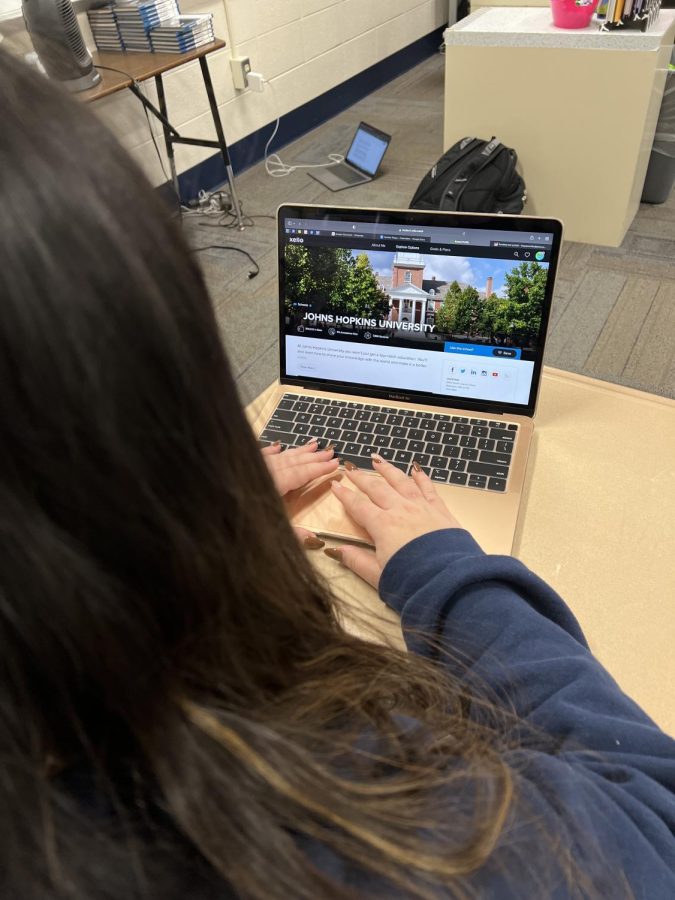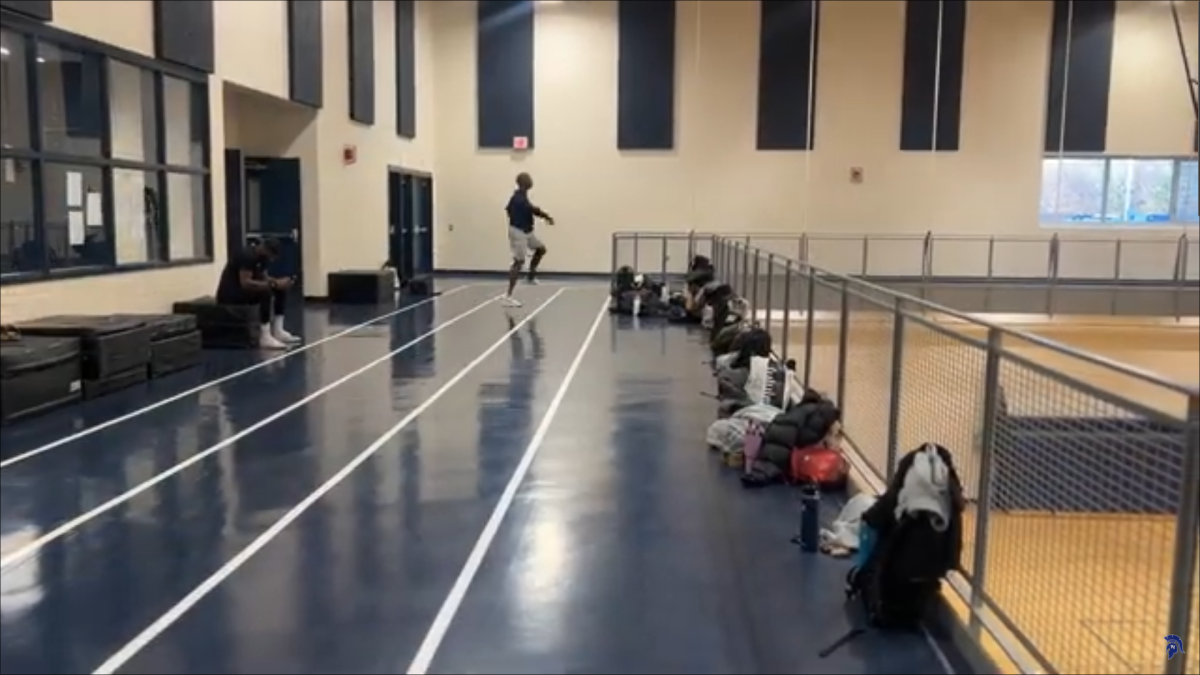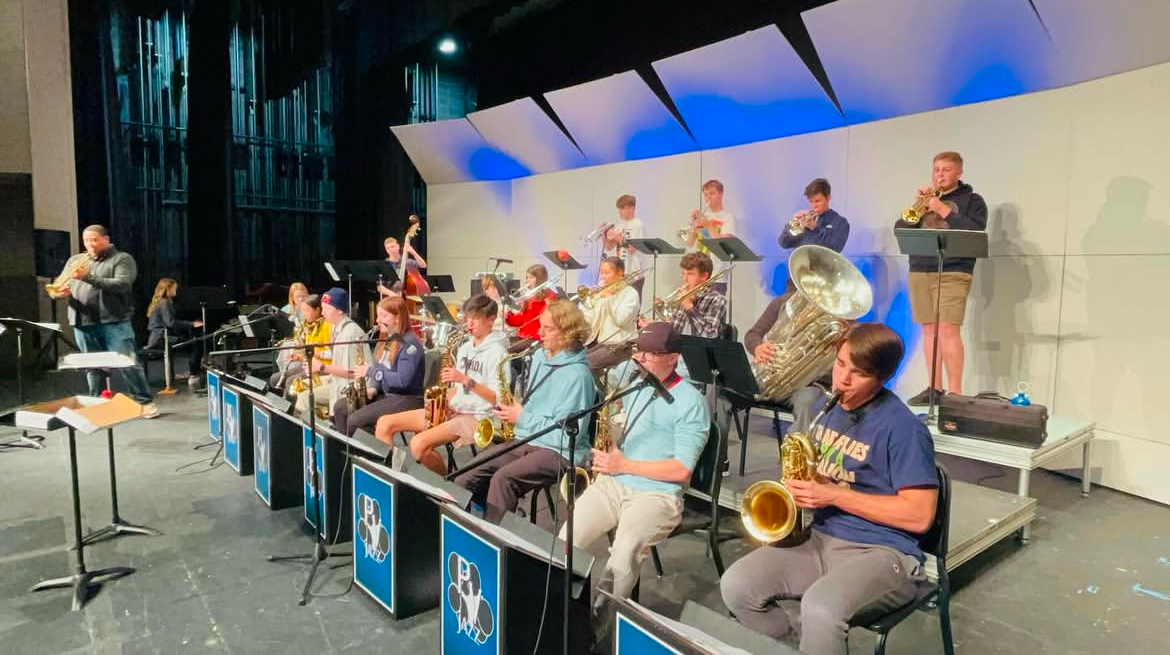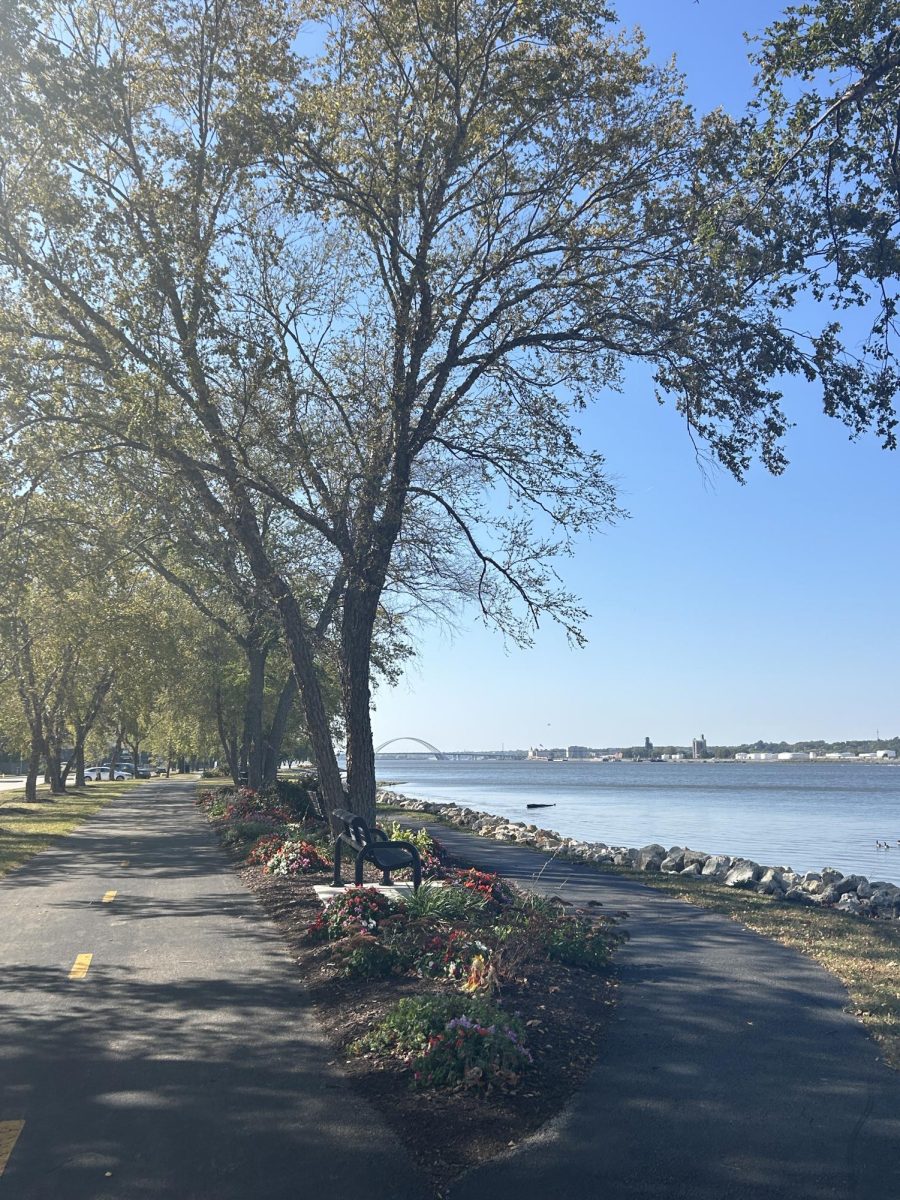Political science or international relations? Computer science or engineering? Business or economics? Circulating in the minds of hopeful college applicants, questions of which major to select seem to hold a crushing weight.
From the beginning of students’ educational careers, they are taught they can be anything. But as they grow older and reality sets in, that youthful imagination and inclination to explore gets lost. The crushing weight of parental expectations and students’ growing responsibilities is often enough to disincentivize such exploration.
So when students begin seeking higher education and must make important decisions regarding their futures, it comes as no surprise that many feel unprepared.
The process of applying to college is nothing short of strenuous, but it is nevertheless symbolic of an exciting period of growth and transformation. However, with so many options of where to apply and what to major in, many students feel completely overwhelmed.
In an opinion article written for the University of California, San Diego’s The Guardian, author Julia Nee encapsulated her own personal struggle in determining her major. “My experience choosing a major has been quite difficult,” she said. “To choose what I want to pursue for the rest of my life is a tall order to say the least. Choosing a major has been difficult because having so many options leaves me doubting my major, and I’m not alone.”
Like Nee, high school seniors across the nation must make the critical decision of what to major in based upon their current passions and aspirations. But these goals are subject to change as proven by the fact that 80% of college students in the United States change their major throughout their college education.
Perhaps this indecisiveness stems from a lack of encouragement towards more diverse educational opportunities. Taking mostly core classes for the majority of their high school career, students waver when it comes to checking that daunting box. Senior Claire Horsfield was initially set on her major. “I was always going to do business because that’s literally the only thing you hear about, and people say it’s broad, like you can get a lot of jobs [by majoring] in it.”
Broad majors such as business are often attractive to applicants because they seem to have high career mobility upon graduation. “But then I took one business class in high school because I thought I should take a [business] class before [college] to see if I like it, and I hated it,” Horsfield shared. Deciding to take a sociology class her senior year, Horsfied was introduced to the study of human behavior and decided to switch her major. Despite this, she noted that there are still majors and career paths that she has not explored.
For less decisive students, many schools provide the opportunity to apply with an undeclared major – but this choice has its own implications. PV alum and University of Iowa freshman Muskan Basnet spoke to her experience as an undeclared engineering major. “I think it can be very difficult to go into your first year of college not really knowing what you want to do in the future, let alone what you want to study,” she said. “Along with choosing a major, many students typically want to apply for internships and research positions regarding their major as well. As someone who doesn’t know exactly what they want to do beyond college, it’s discouraging to navigate this next step of my life.”
Basnet feels she is behind. “Trying to ‘catch up’ to my peers by looking into internships and jobs is much more difficult than I anticipated, given I don’t have a specific focus area within engineering chosen yet,” she explained. “While college isn’t easy for most people regardless of whether their life is planned out completely or not, trying to study and make the most of your college education and experience is damaging when you are expected to have everything figured out at 18 years old.”
In all of this confusion, who is to blame? Is it high schools’ responsibility to provide courses that encourage career exploration, or should universities stop forcing students to select a major upon application? Perhaps it is a mix of both.
With this year’s implementation of College and Career Readiness (CCR), a required course to be taken by students for one quarter each year of high school at PV, counselors are hoping to build closer relationships with students and lend a helping hand when it comes to career exploration.
PVHS counselor Scott Rice elaborated, “We want to have this class so that we can start talking about opportunities, start talking about resources available, start allowing students to have the opportunity to ask questions to explore their interests and learn about the different options, because it doesn’t just have to be a four-year school or a two-year school.”
He continued, “There’s apprenticeships, there’s military, and sometimes there’s a combination of those pathways. There could be multiple pathways to get to where you want to go. And so I think it is important to have time to explore those things, and that’s why as a counselor and along with the other counselors, we believed it was important to [implement CCR].”
And as the class continues to adapt through trial-and-error, it is likely that future seniors will leave the high school with a greater sense of security when it comes to their postsecondary plan. Classes such as CCR are not seniors’ only hope, though.
For students seeking a more prestigious education, many Ivy League institutions do not admit applicants directly to majors. This alleviates the initial stress of declaring a major upon application and allows students to spend their first year in college exploring courses across a variety of majors before making a decision.
Senior Rithvik Vanga applied to several universities and shared his application experience. “Universities forcing me to choose my major has hindered my admission process. Forcing me to choose a major would cause me to write a time-consuming essay about the respective major that could be of little importance at the time,” he said. “Schools like Brown especially reduced the effort in the admissions process since I could talk about a variety of majors of interest instead of being restricted to talking about one.”
Along with Brown University, schools such as Harvard, Yale and Princeton do not admit students to specific majors. In fact, many of them encourage students to wait until their sophomore or even junior year before declaring their major. This gives students the opportunity to spend the beginning of their college career taking courses across majors and ultimately refining their interests.
But this can only happen if more colleges adopt this structure, allowing students to enter the application process with one less pressing decision to make. This paired with a high school education that prioritizes career exploration ensures that students have the chance to fully develop their interests before making such important decisions regarding their futures.
With the insurmountable pressure of the enrollment funnel, perhaps the greater American education system as a whole needs to facilitate principles of exploration over decisiveness when it comes to education.
















Maya • Feb 24, 2022 at 9:50 am
I enjoyed reading this article as I am struggling with deciding a major. It was nice to know students like me are also struggling. Good article Jayne!